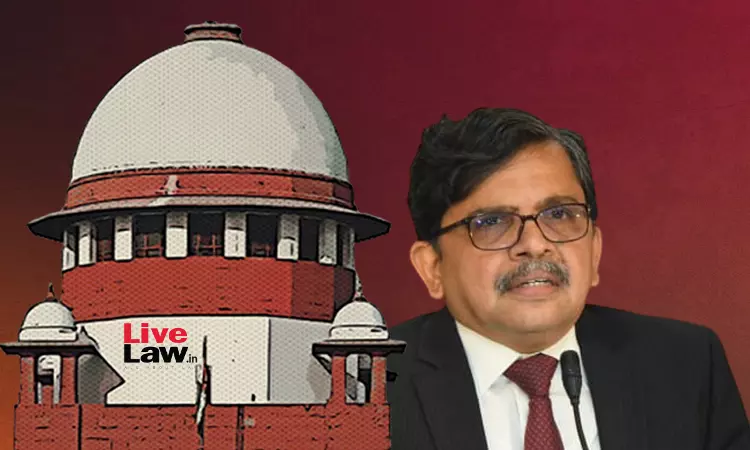Amicus S Muralidhar Suggests Amendments To Supreme Court Rules To Ensure Accuracy In Pleadings
Amisha Shrivastava
6 Dec 2024 8:52 PM IST

Next Story
6 Dec 2024 8:52 PM IST
Senior Advocate S Muralidhar suggested to the Supreme Court on Friday (December 6) that amendments should be made to the Supreme Court Rules to delineate the responsibilities of different categories of lawyers involved in a case to verify the pleadings made in a petition.“Supreme Court Rules could be amended to formally recognise and delineate the roles and responsibilities of...
